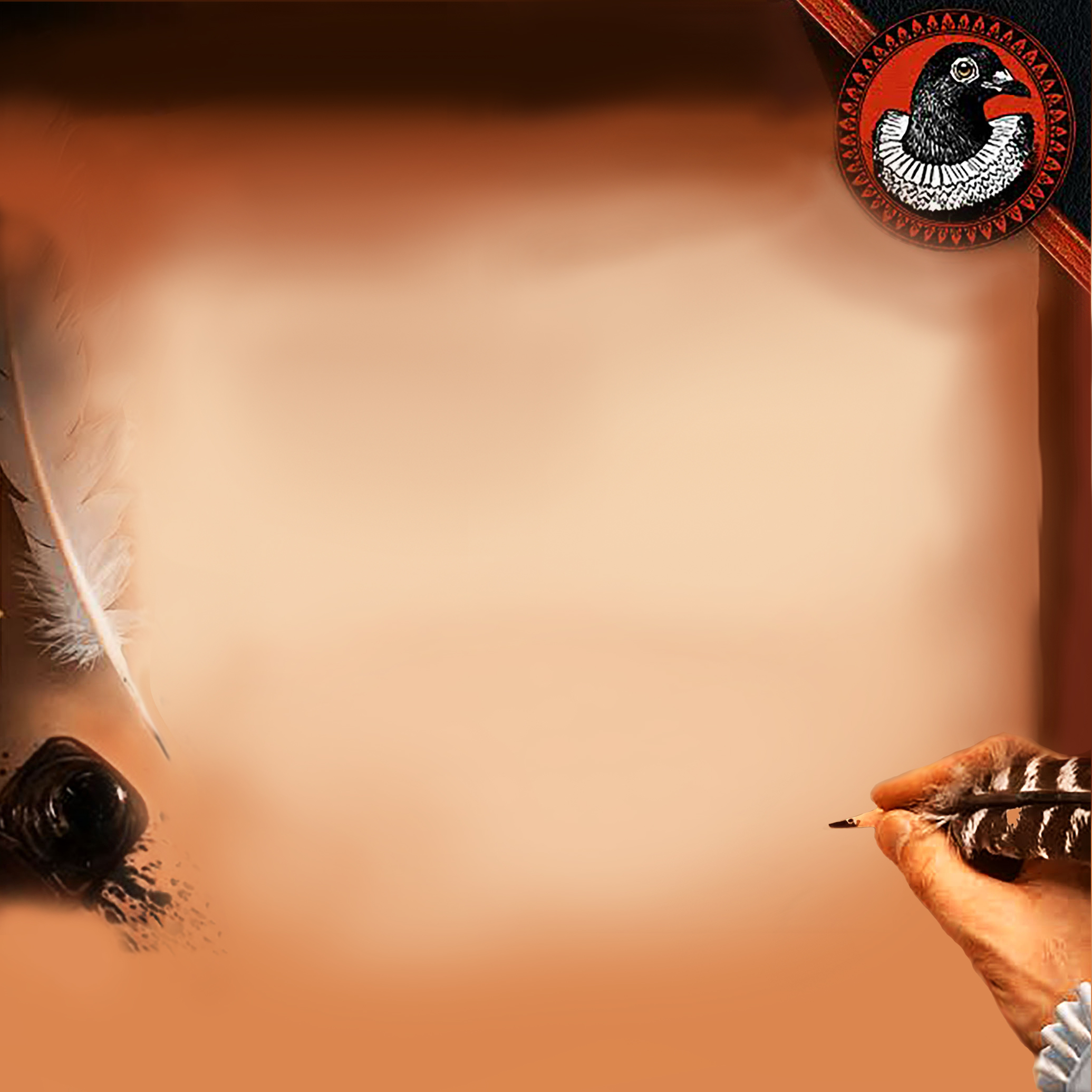Prince Charles, the heir to the British throne who is currently being portrayed with a sort of rough justice in the Netflix series The Crown, has an easier route to the throne today than did, in the 1470s, Richard III, portrayed likely with less justice, if more flair, in Shakespeare’s Richard III. Certainly both aspirants to the throne faced women problems. Richard had to seduce Lady Anne, widow of Henry VI’s son Edward, who Anne knew Richard had killed. Charles, in the 1970s, had an even harder job – finding a presentable woman of good breeding willing to live her life in a fishbowl with a stiff, humorless, horse-faced crank.
Let’s focus on Richard. He’s plotting his rise following the murder of Henry VI, he of the War of the Roses fame. Shakespeare devoted three whole plays, 15 full acts, to the civil dissension that arose between the houses of York and Lancaster, which each supported rival claimants to the throne. The Elizabethans were interested – those events were about as recent to them as the U.S. Civil War to us, and had the same traumatic effect.
Richard is a member of the house of York, and in 1471 the Duke of York subdued the Lancasters, ascended the throne as Edward IV, and had Henry VI and his son Edward (Anne’s husband) killed. In Shakespeare’s telling, Richard committed the murders. Here’s Anne accompanying her father-in-law’s coffin to his funeral:
Lady Anne: “Set down, set down your honourable load,
If honour may be shrouded in a hearse,
Whilst I awhile obsequiously lament
The untimely fall of virtuous Lancaster.
… hear the lamentations of Poor Anne,
Wife to thy Edward, to thy slaughter’d son,
Stabb’d by the selfsame hand that made these wounds!…
Cursed be the hand that made these fatal holes!
Cursed be the heart that had the heart to do it!
Cursed the blood that let this blood from hence!
She’s cursing Richard, but she sounds a little like the British public cursing the paparazzi who chased Princess Diana’s car around Paris, leading to her death. Let’s go on:
Anne: “More direful hap betide that hated wretch,
That makes us wretched by the death of thee,
Than I can wish to adders, spiders, toads,
Or any creeping venom’d thing that lives!
[Enter Richard III]
Richard III: “Stay, you that bear the corse, and set it down.”
Lady Anne: “What black magician conjures up this fiend,
To stop devoted charitable deeds?”
Richard III enters and roughly orders the attendants to set down the coffin. Anne also addressed the attendants:
Lady Anne: “What, do you tremble? are you all afraid?
Alas, I blame you not; for you are mortal,
And mortal eyes cannot endure the devil.
Avaunt, thou dreadful minister of hell!…”
We can’t quite see Diana saying all this to Charles when they first met. She was 16 after all, and she didn’t know anything at all about Camilla. It was only in 1989 that she finally found out that her husband, even at the time he courted and married her, loved another woman. Here’s Charles, I mean Richard III, making the best of a bad situation:
Richard III: “Sweet saint, for charity, be not so curst.”
Lady Anne: “Foul devil, for God’s sake, hence, and trouble us not;
For thou hast made the happy earth thy hell,
Fill’d it with cursing cries and deep exclaims.
If thou delight to view thy heinous deeds,
Behold this pattern of thy butcheries.
O, gentlemen, see, see! dead Henry’s wounds
Open their congeal’d mouths and bleed afresh!”
Julius Caesar’s wounds also began bleeding afresh in Marc Antony’s telling, in another Shakespeare play. Elizabethans believed the wounds of a murder victim’s corpse would began bleeding again when in the presence of the murderer. In our recasting of the scene, the younger Diana is looking at her own future corpse, bleeding afresh amid the popping flashbulbs of the photographers.
Richard III: “Lady, you know no rules of charity,
Which renders good for bad, blessings for curses.”
Lady Anne: “Villain, thou know’st no law of God nor man:
No beast so fierce but knows some touch of pity.”
Richard III: “But I know none, and therefore am no beast.”
Lady Anne: “O wonderful, when devils tell the truth!”
This scene is an extremely long one, and culminates with Richard, implausibly, turning Anne’s head sufficiently that she agrees to accept a ring from him and to meet him privately. After she leaves, Charles/Richard exults in his success:
Richard III: “Was ever woman in this humour woo’d?
Was ever woman in this humour won?
I’ll have her; but I will not keep her long….”
And indeed, the same proved true of Prince Charles, the current Prince of Wales, and heir to the British throne. You’d think he would abdicate in advance, out of a native sense of embarrassment.
I write this blog in the hoee that, especially in times like these, the classics, and Shakespeare chief among them, can keep us connected to the highest and best in Western culture, even as we navigate the remnants of our fallen republic, and gather the strength to reclaim it.
